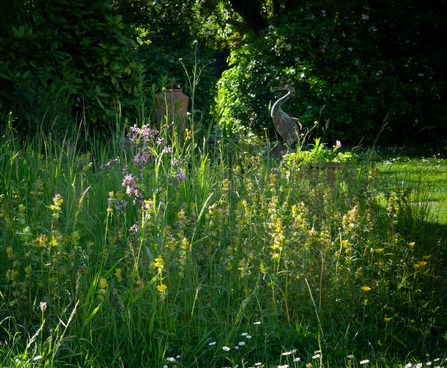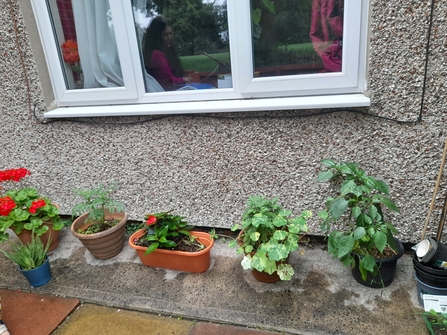Leave your lawn mowers in the shed throughout May and allow nature to do its thing by supporting Plantlife's #NoMowMay campaign – it’s got our backing!
Some people are lucky enough see the beauty of wildflowers unfold before their very eyes, as a hidden seed bank comes to life, giving power to the pollinators! Other people see a variety of grasses appear, which provides a fantastic habitat space for wildlife to hide, live and feed in.
There are powerful benefits of having a wild area in your garden, in May and beyond:
- Increase the quality of your soil, the health of your plants & reduce pests
- Allow your pollinators to flourish and see new flowers pop up
- Help out bees, beetles, butterflies, moths, wasps, flies and more
- Provide more food and shelter for bats, birds, hedgehogs and many more



